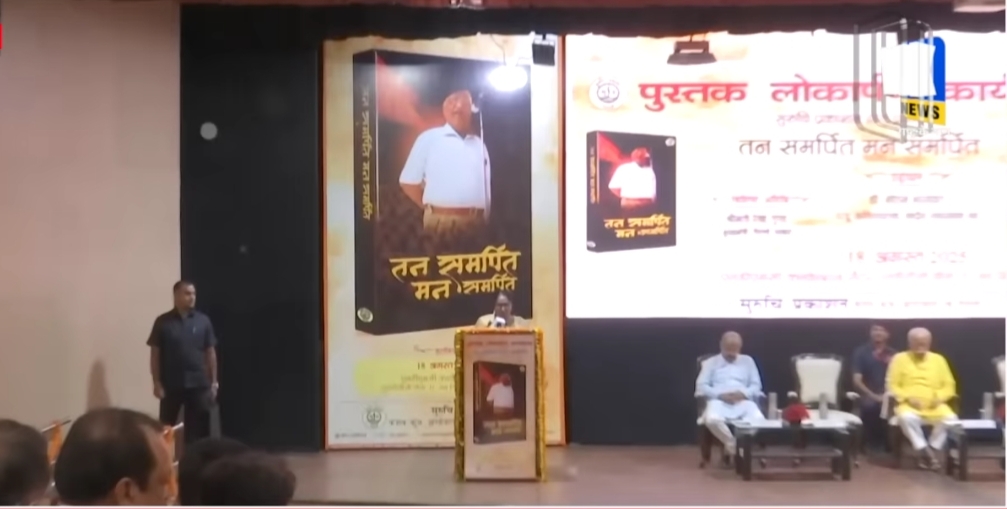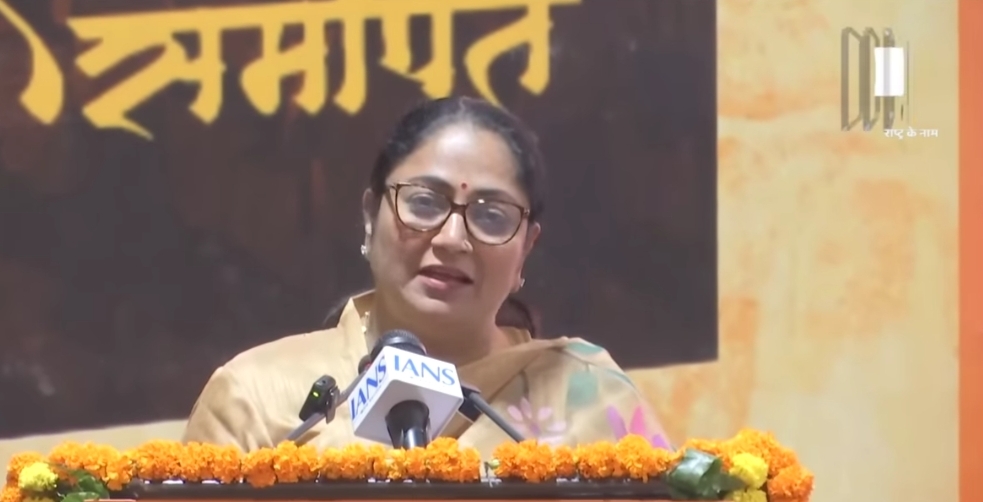

Delhi Government’s Move to Introduce RSS History in School Curriculum :A Flawed and Dangerous Misstep
It’s a teacher’s perspective based on pedagogy and psychology.
Propaganda Masquerading as History
The decision by the Delhi government to introduce the Rastriya Swayamsevak Sangh’s (RSS) history into school textbooks under the new curriculum “Rashtraneeti” is deeply problematic and counterproductive. This move risks rewriting history by promoting a narrative that is at odds with established facts about the RSS’s role—or lack thereof—in India’s freedom struggle and its legacy of fomenting communal hatred. Introducing RSS history in the guise of national education runs counter to sound educational pedagogy and threatens to polarise impressionable young minds.
RSS and the Freedom Struggle: A Questionable Legacy
Historically, the RSS maintained a cautious distance from the mainstream anti-colonial struggle for independence. The organisation, founded in 1925, consciously avoided direct involvement in major nationalist movements like the 1942 Quit India Movement. Its founder, K. B. Hedgewar, deliberately kept the RSS away from political activities that could antagonise the British colonial rulers and shunned the Indian tricolour for over five decades. Unlike the Indian National Congress and other freedom fighters, the RSS did not contribute significantly to the struggle against British rule. This absence from the narrative of India’s liberation efforts raises serious doubts about the suitability of presenting the RSS as an equivalent historical entity alongside figures such as Veer Savarkar, Subhas Chandra Bose, and Sardar Vallabhbhai Patel in school curricula.
A Controversial Organisation: Communalism and Intolerance
More concerning than its marginal role in the freedom movement is the RSS’s documented record of fostering communal hatred and intolerance. The organisation has frequently been implicated in promoting exclusionary nationalism under the broad ideology of Hindutva, which undermines India’s pluralistic ethos. Various investigations and reports, including those by human rights groups, have linked RSS members and its affiliates to communal violence, anti-Muslim riots, and even terrorist attacks targeting minority communities. These realities make the inclusion of an uncritical and sanitized history of the RSS inappropriate in educational content meant for young learners.
Impact on Educational Pedagogy and Young Minds
Educating children is not merely about imparting knowledge—it is about shaping values, critical thinking, and an understanding of diversity. Introducing RSS history without proper context threatens to indoctrinate rather than educate students. It risks glorifying a group with a controversial and divisive history, potentially breeding prejudice and undermining India’s constitutional values of secularism and unity. This could have a long-term negative impact, encouraging communal polarization at a time when social harmony is vital for the nation.
Political and Social Reactions
The decision has drawn widespread criticism from opposition parties, educators, and student groups. The Congress and the Aam Aadmi Party (AAP) have condemned the move as an attempt at rewriting history and promoting propaganda rather than facts. Student bodies like the National Students’ Union of India (NSUI) have called it misleading and hateful, warning that the curriculum distorts history and hides anti-national activities associated with the RSS. Critics question whether the curriculum will acknowledge the more troubling aspects of the RSS’s history or merely serve as a glorification exercise during its centenary year.
The Danger of Glorification Without Context
The manner in which “Rashtraneeti” plans to teach about the RSS—highlighting “discipline,” “service,” and its role in social initiatives—while neglecting its controversial past is deeply misleading. This selective presentation, omitting critical scrutiny, risks creating a skewed understanding among students. It is essential that any educational content about historical organisations be balanced and fact-based to foster a mature, informed citizenry rather than one susceptible to ideological propaganda.
A Flawed Curriculum
Delhi’s decision to incorporate RSS history into school textbooks under the “Rashtraneeti” curriculum is a flawed educational policy that overlooks significant historical facts and ethical pedagogical principles. The RSS’s minimal involvement in the freedom struggle and its association with communalism make it an inappropriate subject for uncritical inclusion in educational syllabi. This move risks polarising young minds and undermining the objective of education as a tool for inclusive national integration and critical thinking. The government must reconsider this approach to ensure that history education is truthful, comprehensive, and promotes the values of secularism and social harmony indispensable for India’s unity.
There is an urgent need for safeguarding educational integrity by resisting attempts to rewrite history through an ideological lens and instead promoting fact-based learning that respects diversity and pluralism.
Hasnain Naqvi is a former member of the history faculty at St. Xavier’s College, Mumbai
Pictured credit social media


